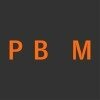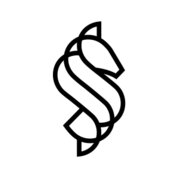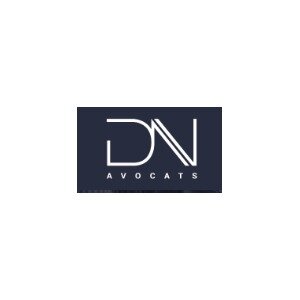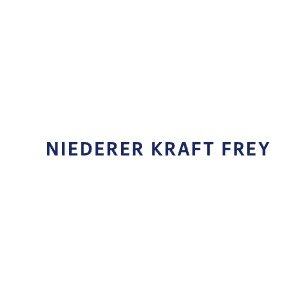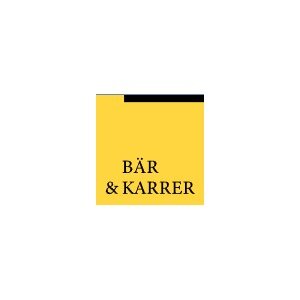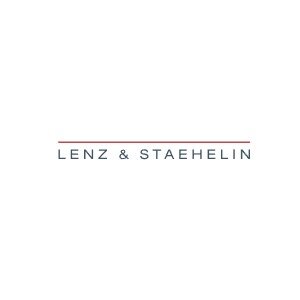Best Water Law Lawyers in Geneva
Share your needs with us, get contacted by law firms.
Free. Takes 2 min.
List of the best lawyers in Geneva, Switzerland
About Water Law in Geneva, Switzerland
Water Law in Geneva, Switzerland is an essential aspect of environmental and property law, governing the management, distribution, use, and protection of water resources throughout the canton. Geneva is home to significant water bodies, including Lake Geneva (Lac Léman) and the Rhône River. The legal framework covers both public and private rights to water, water quality management, pollution prevention, and sustainable development. Authorities balance the interests of the public, private landowners, environmental concerns, and regional planning. Water Law is shaped by cantonal legislation, Swiss federal laws, and international agreements due to Geneva's location at the crossroads of several countries.
Why You May Need a Lawyer
There are numerous situations where consulting a legal professional with expertise in Water Law in Geneva can be vital. Common scenarios include disputes over water use or access between private property owners, issues regarding pollution or contamination of water sources, regulatory compliance for businesses and agricultural activities, managing building projects near water bodies, and addressing flood risk mitigation. Lawyers also help with understanding cross-border water rights, securing permits for boreholes or water extraction, and navigating administrative procedures when dealing with governmental entities. If government agencies initiate action regarding water quality or water rights, having expert legal assistance is key.
Local Laws Overview
Geneva's Water Law is primarily governed at both the cantonal and federal levels. Cantonal law is detailed in the Loi sur les eaux (LEaux), which regulates the protection, use, and distribution of all surface and groundwater. Key regulations include strict controls on water abstraction, prioritization of drinking water quality, and preservation of aquatic ecosystems. The law mandates permits for the use of public water resources and outlines penalties for illegal extraction or pollution. Federal laws, such as the Swiss Federal Water Protection Act (Loi fédérale sur la protection des eaux, LEaux), lay out national principles that are adapted by the canton. International treaties, such as those concerning cross-border watercourses like the Rhône, also influence Geneva’s policies. The enforcement is managed by cantonal authorities, mainly the Office Cantonal de l’Eau, which oversees permits, regulatory compliance, and public reporting of water issues.
Frequently Asked Questions
What is considered public water in Geneva?
Public water includes natural water bodies such as lakes, rivers, streams, and groundwater managed by the State of Geneva. The use and management of these resources are regulated for the benefit of the public and the environment.
Can I drill a private well on my property?
Drilling a well typically requires prior authorization from the cantonal authorities. The application process involves demonstrating compliance with water protection and safety regulations to preserve groundwater quality.
How does Geneva protect against water pollution?
Cantonal laws establish strict standards on industrial, agricultural, and residential discharges into water bodies. There are regular inspections and serious penalties for violations such as unauthorized dumping or failure to treat wastewater.
Are there rules for building near rivers or lakes?
Yes, construction near water bodies is highly regulated. You must obtain special permits to ensure that the project does not harm the aquatic environment, impede public access, or increase flood risks.
Who enforces water quality regulations in Geneva?
The Office Cantonal de l’Eau is responsible for monitoring water quality, enforcing laws, issuing permits, and managing protection zones around water sources.
What rights do private landowners have over water on their land?
While landowners may have some rights to use water, these are limited by public interest and environmental protection laws. They may not pollute or obstruct public access to water resources.
How are cross-border water issues handled?
Cross-border water management, especially concerning the Rhône and Lake Geneva, is guided by international agreements and cooperation between Switzerland, France, and other neighboring countries.
What should I do if I suspect illegal pollution?
Contact the Office Cantonal de l’Eau or environmental police to report suspected pollution. Authorities will investigate and can enforce remedies or penalties if laws have been breached.
How are water allocation conflicts resolved?
Disputes are generally handled through administrative or legal proceedings, often requiring negotiations, mediation, or court action with the support of specialized lawyers or mediators.
Are there restrictions on using Lake Geneva water for commercial purposes?
Commercial use of lake water, such as for cooling or irrigation, requires a permit. Such uses are scrutinized to ensure sustainability and protect water quality for public needs.
Additional Resources
For further information or support related to Water Law in Geneva, you may consult the following resources: - Office Cantonal de l’Eau (Cantonal Water Office): Manages water rights, permits, and public resources. - Service de l’écologie de l’eau: Offers technical guidance and environmental protection support. - Swiss Federal Office for the Environment (FOEN): Provides federal guidelines and oversight. - Environmental mediation associations and legal aid services: Assist with dispute resolution and legal counseling. - Local university law clinics or environmental NGOs: May provide educational materials, advocacy, and limited legal advice.
Next Steps
If you believe you need legal advice or representation regarding Water Law in Geneva, start by clearly documenting your situation, including any relevant correspondence, permits, or notices. Contact a local lawyer specializing in environmental or Water Law for an initial consultation. The Geneva Bar Association (Ordre des avocats de Genève) can provide a list of qualified professionals. You may also contact the Office Cantonal de l’Eau for regulatory information. In urgent cases (such as pollution or imminent harm), notify the appropriate authority immediately. Preparing relevant questions and gathering documentation before your first meeting with a lawyer will help you get the most out of their expertise.
Lawzana helps you find the best lawyers and law firms in Geneva through a curated and pre-screened list of qualified legal professionals. Our platform offers rankings and detailed profiles of attorneys and law firms, allowing you to compare based on practice areas, including Water Law, experience, and client feedback.
Each profile includes a description of the firm's areas of practice, client reviews, team members and partners, year of establishment, spoken languages, office locations, contact information, social media presence, and any published articles or resources. Most firms on our platform speak English and are experienced in both local and international legal matters.
Get a quote from top-rated law firms in Geneva, Switzerland — quickly, securely, and without unnecessary hassle.
Disclaimer:
The information provided on this page is for general informational purposes only and does not constitute legal advice. While we strive to ensure the accuracy and relevance of the content, legal information may change over time, and interpretations of the law can vary. You should always consult with a qualified legal professional for advice specific to your situation.
We disclaim all liability for actions taken or not taken based on the content of this page. If you believe any information is incorrect or outdated, please contact us, and we will review and update it where appropriate.



